One of the tools we use to protect our real estate investments includes insurance policies. The obvious one is your homeowners insurance. With both real estate values and construction costs going crazy, we often overlook the level of protection we have in the event of a catastrophe. If you acquired your home more than a year or two ago, it’s definitely time to revisit this.
Even more overlooked includes title insurance. In fact, many of us don’t even realize that we have a title insurance policy. That’s because title insurance policies are issued once, usually at the time you purchased your property. To reiterate a few of my past articles, title insurance is a form of insurance designed to protect lenders and homeowners from financial loss due to a defect in title. Policies are issued to lenders for the loan amount and owners for the purchase amount. Defects in title can range from errors in the public record to liens on the property and a huge variety of other issues related to your home’s title and its history.
So, if you’ve been issued a policy at the time you purchased your property, why update it? Much like your homeowners insurance policy, we have to establish a value to base the policy. If you are insuring your 800k home for only 400k, you’re only covered up to 400k in the event of an incident. Title insurance works the same way. When a title insurance policy is issued, it’s usually for the original purchase amount. If you purchased your property more than a few years ago, chances are that you’ve seen a significant increase in the value of your property. If a defect is found or if one arises, it’s important to remember that you’re only covered for the original amount of your policy. This can be especially concerning for those improving their properties.
When it comes to updating your homeowners insurance policy, it’s usually just a quick phone call to your insurance provider. In most cases they are aware of the market conditions and can easily make adjustments. Increasing insured amounts is not unusual in markets like these, but it will add to the annual premium cost. Updating your title insurance policy can also be done, but it will sometimes require additional information to justify the increase in value. If you are refinancing the property the appraisal is an easy solution. However, even if you aren’t in the process of refinancing, your property’s assessed value with the county can be enough to increase the limits on your title insurance policy. Similar to your homeowners insurance, this will add to the premium, but remember that title insurance is a one-time expense, so the added premium will only be paid one time. In order to update this you will need to contact the title insurance company that wrote the original policy. If you don’t remember who this was, you can usually reference your deed or contact your real estate agent who should have a record of this for you.
 won’t go into too much detail on what a title insurance policy is, though you can read the article here:
won’t go into too much detail on what a title insurance policy is, though you can read the article here:  ***Tayson is not a Title expert! Always consult with your Title Company, or attorney when reviewing an actual policy, or Commitment for Title Insurance.
***Tayson is not a Title expert! Always consult with your Title Company, or attorney when reviewing an actual policy, or Commitment for Title Insurance.